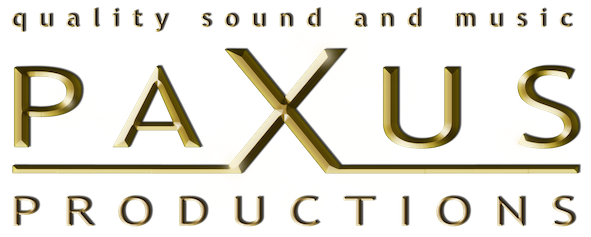Are you a Musician or a Technician?
....Or are you both?These days I think you need to be an even blend of both.....or atleast you do if you work with digital music. There are still composers out there doing it 'old school' and I personally admire these individuals. Some are technophobes, some are traditionalists, and some are just plain legendary. Take John Williams for example. I believe he continues to compose primarily on piano. When you reach the heights of success that he has, and you have a team of orchestrators, arrangers, and possibly even digital producers then good for you!For the rest of us who don't yet have our entourage established, having a broad understanding of sound engineering, mixing, mastering and recording is practically a must.I don't really lay claim to being a genius sound engineer by any stretch. When it comes to finalizing and mastering a recording say for a film score, or an album (budget permitting) I still prefer to bring in a specialist to do the job. Not only do they bring a fresh pair of ears, but obviously also their own unique sensibility. These things are invaluable.The bulk of work that I do is for television and live performance, and over the years I've refined my mixing and mastering to achieve good results in those areas. With television there is the heavy compression to contend with, and live venues have the inevitable but unpredictable 'liveness'.Over the years I've met artists of all kinds, and worked and listened to music in many genres. A part of producing backing tracks is developing an ear for the detail in a recording....extracting and emulating individual instruments within an arrangement accurately. Sometimes this is easy, and sometimes it isn't, especially if the recording is old and muffled.It used to annoy me when a track was overly predictable....(you know you've heard one of these when you only need to cut and paste sequences after programming one verse and one chorus). While this meant an easy days work for me, it also highlighted a low standard for commercial music.Gladly times are changing. Current productions are more complex and multi-layered than ever before. I think perhaps the eighties and nineties are the worst decades for the 'cut and paste' mentality and I daresay it is mostly to do with our grasp of the new technology.I think we are entering exciting times now. The technology is flexible enough now, for producers to express themselves musically, rather than technically. I still catch myself saying things like......"I must try and make this sound more real" (This is the technician coming out in me). Of course it is important for an oboe to sound like an oboe. But I find that the best music I have composed has been when I have moved past that concern and thought more about expression and musicality.I no longer enter into conversations like "So what gear are you running?", or "I can't believe you're still working at 16 bit and 44.1k" Who really cares?The Beatles recorded on a 2 track tape recorder! Many studios still prefer to use Neumann mics made in the early 1900s. This pissing contest between producers, DJs and engineers is a massive distraction. Let's make a collective effort, people, to start thinking in terms of the end product, the music, and let everyone do it on their own gear!
